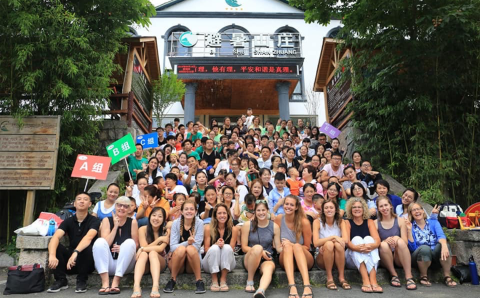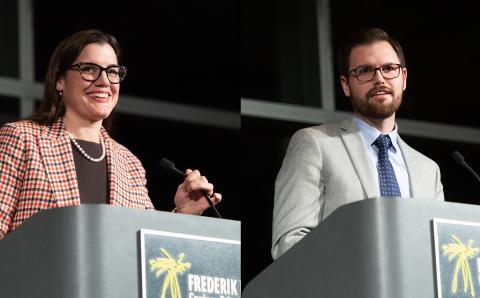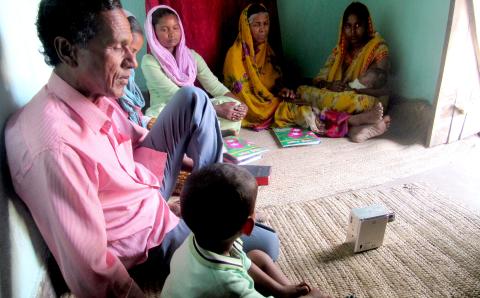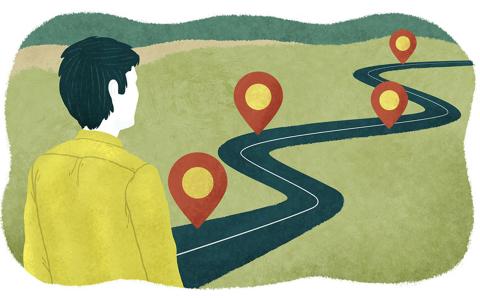St. Thomas may be a small city in rural southern Ontario, but the community is determined to have a big impact when it comes to inclusion and reconciliation with Indigenous peoples.
In 2017, as part of Ontario’s Journey Together research project, a local research team met with many Indigenous people in the St. Thomas area. They discovered a great interest in creating culturally relevant and sensitive programming for Indigenous people in the community. St. Thomas applied for a grant to fund cultural programming but was denied.
That’s when Beth Fellinger, pastor of Destination Church, a Christian Reformed congregation in downtown St. Thomas, came forward to offer space and support. Destination Church is centrally located and is open each weekday as a drop-in center to connect with the neighborhood. This made the church a natural fit for hosting other community programs.
Fellinger said it was important to her and to the congregation to share their resources so the Indigenous programming could have a home. “I hope to open a Friendship Center and use the church building one day a week to create a place where we can do Indigenous cooking classes, have listening circles, and [have] time for people to gather together to hear one another,” explained Fellinger. “It’s time to open the doors to do something more than just reconciliation. Reparation means a lot to me.”
To help fund the program, Destination Church sent a proposal to Resonate Global Mission. The church explained that they wanted to get to know the Indigenous people in their own congregation, but also to build trust and learn how to listen well to Indigenous people in their community. Resonate approved the proposal.
“We are incredibly thankful to the CRC and its vision for social justice, and for providing us the opportunity to do this work together,” Fellinger said.
On Sept. 18, Destination Church hosted more than 100 community members to celebrate the launch of their new programming. Shannon Perez of the CRC’s Canadian Aboriginal Ministries Committee was invited to participate in the dedication of a community garden that will provide fresh food for Indigenous cooking classes.
Perez said she was inspired by how Destination Church took time to talk with Indigenous people and invite them to envision what the space would look like.
“It is validating to know that as I am working with the denomination to share this message of listening and ‘walking with,’ that at the local level it was already happening,” she said.
When asked how other Christian Reformed churches can get involved in reconciliation work, Fellinger reiterated this encouragement to build relationships with and listen to local Indigenous groups. “When we listen well, we learn that outreach isn’t just about one-off events, but about building [day-to-day] relationships with people who can teach us a lot,” said Fellinger.
If you or your church is interested in learning how to get involved in reconciliation, please visit crcna.org/aboriginal or connect with Shannon Perez (sperez@crcna.org).
About the Author
Cindy Stover, CRCNA Justice Mobilizer





